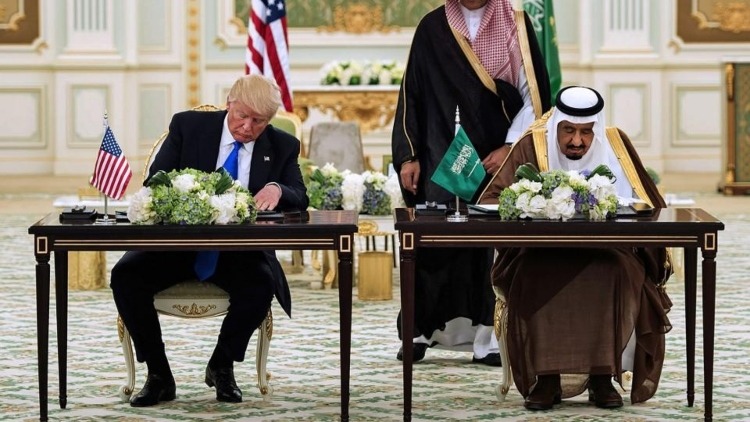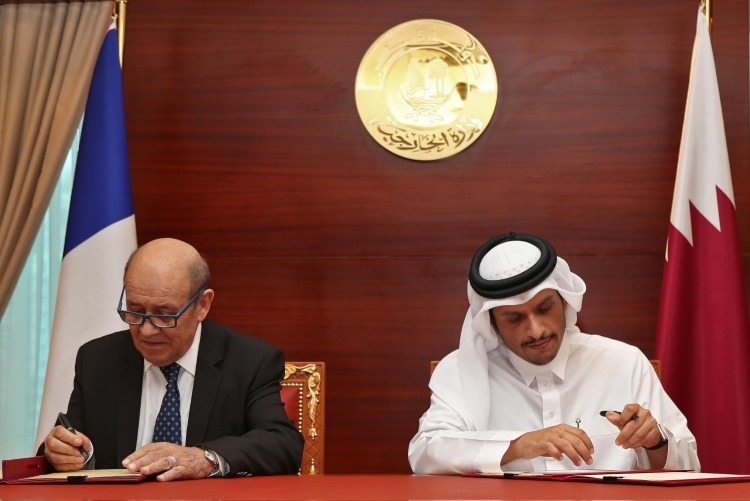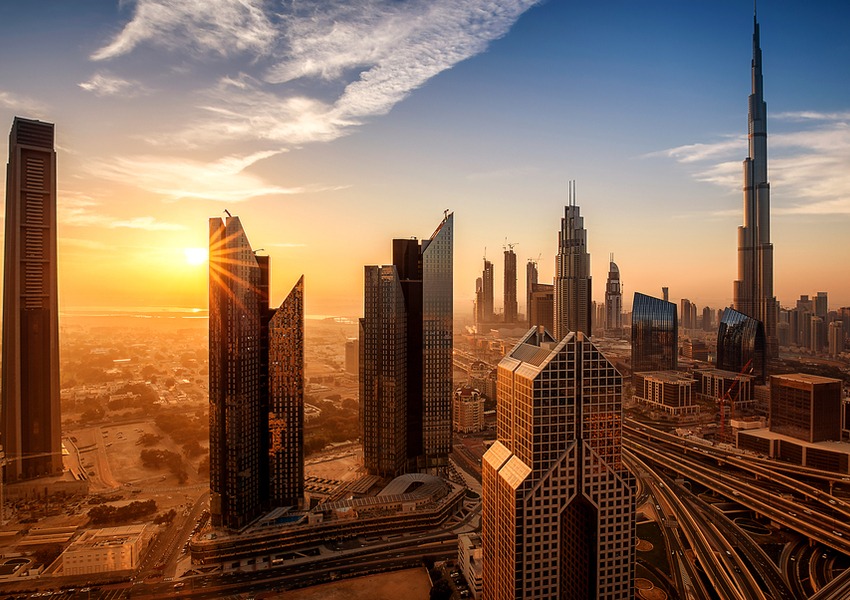The Middle East is made up of a diverse range of countries, from the poorest, such as Yemen, to the wealthiest, like Qatar. It also has one of the world’s youngest and fastest-growing populations, with a population of roughly 580 million, according to UNICEF, by 2030. It is home to the world’s greatest oil and gas reserve. In addition, it is home to four of the world’s top ten sovereign wealth funds and is one of the top ten US Treasury bondholders. For all of these reasons, and more, the Middle East should be regarded as an essential component of economic reliance.
We will look at pre-existing links between numerous countries and the many alliances that they have built over the years to have a better understanding of how their economies and the relationship between Western powers and Middle Eastern states work. This will provide a clearer picture of the situation and provide more light on the importance of various Middle Eastern economies to their Western counterparts.
Saudi Arabia
Saudi Arabia, for example, has a significant number of Western allies because its economy heavily influences them. According to BBC, Saudi Arabia holds roughly 18 percent of the world’s proven oil reserves and is the world’s largest oil exporter. If a Western power, such as the United States, imposes sanctions on Saudi Arabia, the Saudi government may respond by reducing oil production, raising global prices dramatically.

In addition to oil, Saudi Arabia and the United States negotiated a $110 billion arms contract back in 2017. Consequently, if sanctions were to be imposed, Saudi Arabia will seek alternative sources of supplies from countries such as the United Kingdom, France, and Germany. Demonstrating the importance of Saudi Arabia’s existence for other countries, as many alliances have a direct impact on its economy.
Qatar
Qatar and France are other examples. The two countries enjoy a strong economic partnership that encourages significant investment. The stock of Qatari direct investment (FDI) in France has risen since 2011, according to Bank of France estimates, reaching EUR 3.6 billion in 2018. (0.49 percent of the FDI stock in France). Despite the fact that Qatar’s FDI to France was negative, it nonetheless managed to reach a high level (EUR -653 million). The majority of these investments are focused on real estate, the hotel industry, and the financial sector. Thus, proving that both countries rely heavily on each other’s existence to improve their economies and elevate their expenditure.

Qatar’s foreign minister signed a deal alongside his French counterpart for greater economic, energy, and security cooperation back in 2019.
United States
So, how might the United States benefit from a large economy like the one found in the Middle East? Well, in terms of U.S. national energy policies, the Middle East will continue to be important because, given the region’s large reserves and high oil extraction costs, it plays a critical role in balancing global energy markets and assisting in the maintenance of a stable and fair price, according to the Atlantic Council.
Another factor that could drive the U.S. to engage more in the Middle East and build a more linked economy is that China is negotiating business partnerships to boost its international power by establishing itself in the region and expanding its ties and power. According to The National News, China has already commenced and is acting as the UAE’s second-largest commercial partner. As a result, the competition for power and domination in the region between the United States and China is pushing the U.S. to act and launch new projects and investments in the region ahead of China.
It is clear that larger countries have numerous linkages to the Middle East in a variety of ways, and the economy is an important component of any country’s development. As everyone strives for greater power and global supremacy, the Middle East is one of the most important locations in the region, with abundant resources.
WE SAID THIS: Don’t forget..Why Are Loans Important To The Economy



